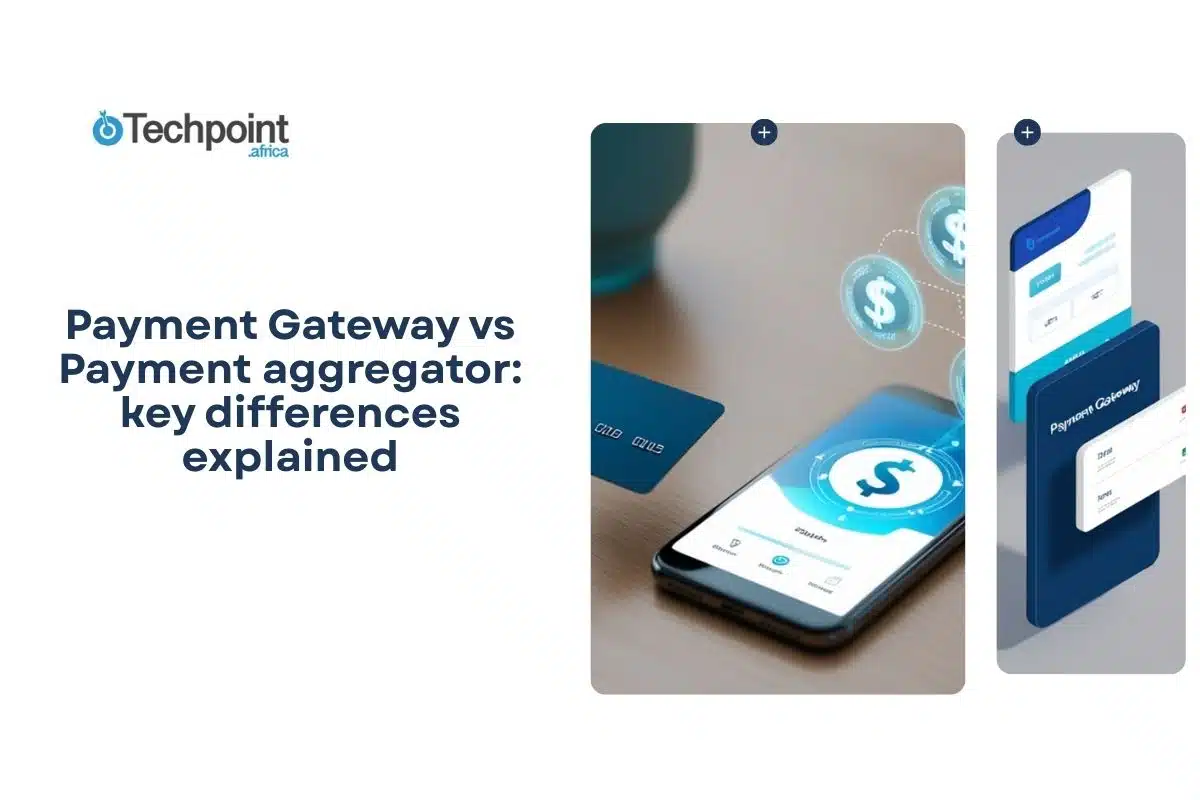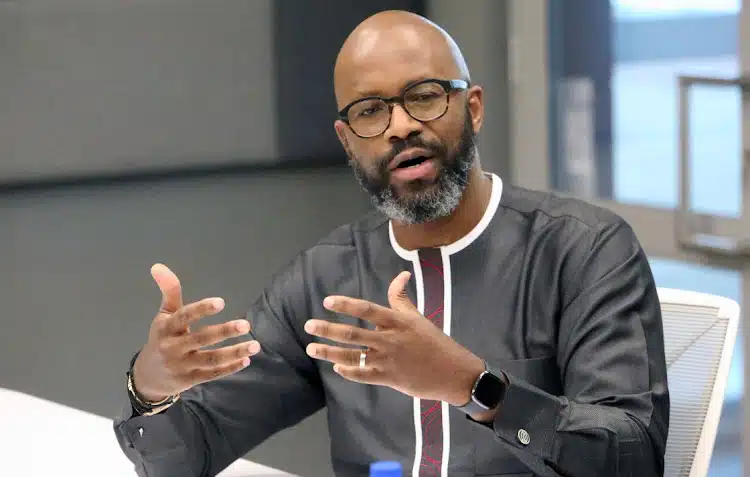The latest figures from the Nigeria Inter-Bank Settlement System (NIBSS) put the total value of transactions on automated teller machines (ATMs) at ₦1.5 trillion in Q1 2019 (PDF) while those of mobile money operations and web payments were ₦810.1 billion and ₦107.6 billion respectively.
These figures point to the fact that Nigeria is still predominantly a cash-based economy. Interestingly, in Q1 there were more transactions on electronic transfer like ACH — NIBSS Electronic Fund Transfer — and NIBSS Instant Pay (NIP) than there were on ATMs even though both options have bank branches as part of their channels.
So far, the Central Bank of Nigeria (CBN) has granted 79 licences to players in the payment system while another 26 have approvals in principle; this calls into question the level of cash circulating in the country.
eTranzact’s Deputy Managing Director, Hakeem Adeniji-Adele, affirms that culture is responsible for this as he says, “Nigerians love to handle tangible money, it’s a mindset thing.”
Hakeem couldn’t be more correct. Africa’s richest man, Aliko Dangote, recently revealed that he once withdrew $10 million from a Nigerian bank just to be sure that beyond some figures on a piece of paper, he actually had the money.
The total value of transactions using ATMs in Q1 2019 and the fact that it’s almost impossible to go a day without cash in Nigeria — the only way is not to visit small retailers or use the public transport system — lend credence to the claim that Nigeria is predominantly a cash-based economy.
However, Hakeem believes this culture is being eroded. This aligns with NIBSS’ recent figures in comparison with those of Q1 2018. In 2018, there were ATM transactions with a total value of ₦1.57 trillion, which was higher than Q1 2019 by ₦70 billion.
Suggested Read: Recent figures from NIBSS reveal Nigeria is still largely a cash-based economy
To bring more people in, Hakeem says players in the digital payment system need to develop products and services according to people’s cultures.

Victoria Fakiya – Senior Writer
Techpoint Digest
Stop struggling to find your tech career path
Discover in-demand tech skills and build a standout portfolio in this FREE 5-day email course
“The people that should be enabled are not really enabled because the ecosystem hasn’t really grown that much to service the underbanked and unbanked,” he affirms.
In Hakeem’s words, there’s a need to understand that a culture is in place and technology has to be built to fit it.
The future of digital payment in the country according to him will be collaborative.
In October 2018, CBN had published an exposure draft of the new licensing regime for payment system providers in the country.
The draft somewhat puts a barrier on businesses, preventing companies that don’t have enough financial capabilities from playing in the payment system space. For instance, the minimum shareholders’ fund for a mobile money operator is ₦3 billion ($8.3 million) which is definitely a great barrier to entry for startups.
For Hakeem, these barriers are good as they will help protect people’s funds while also opening up the doors of collaboration between startups and established companies.
The eTranzact top executive isn’t the only one advocating for collaboration in the payment space, Victor Asemota — technology entrepreneur and investor — in a Twitter thread painted a picture of the need for African businesses to collaborate.
Ecobank already has a platform for all of Africa to trade. I can send money to 33 countries using Ecobank’s banking app. For some weird reason, nobody is building on this. We want to rebuild. We complain about bureaucracy but how many have actually tried and shared experience?
— Osaretin Victor Asemota (@asemota) August 29, 2019
According to Hakeem, the apex bank has designed the digital payment space to allow players in the industry to tap into existing structures in order to serve people.











